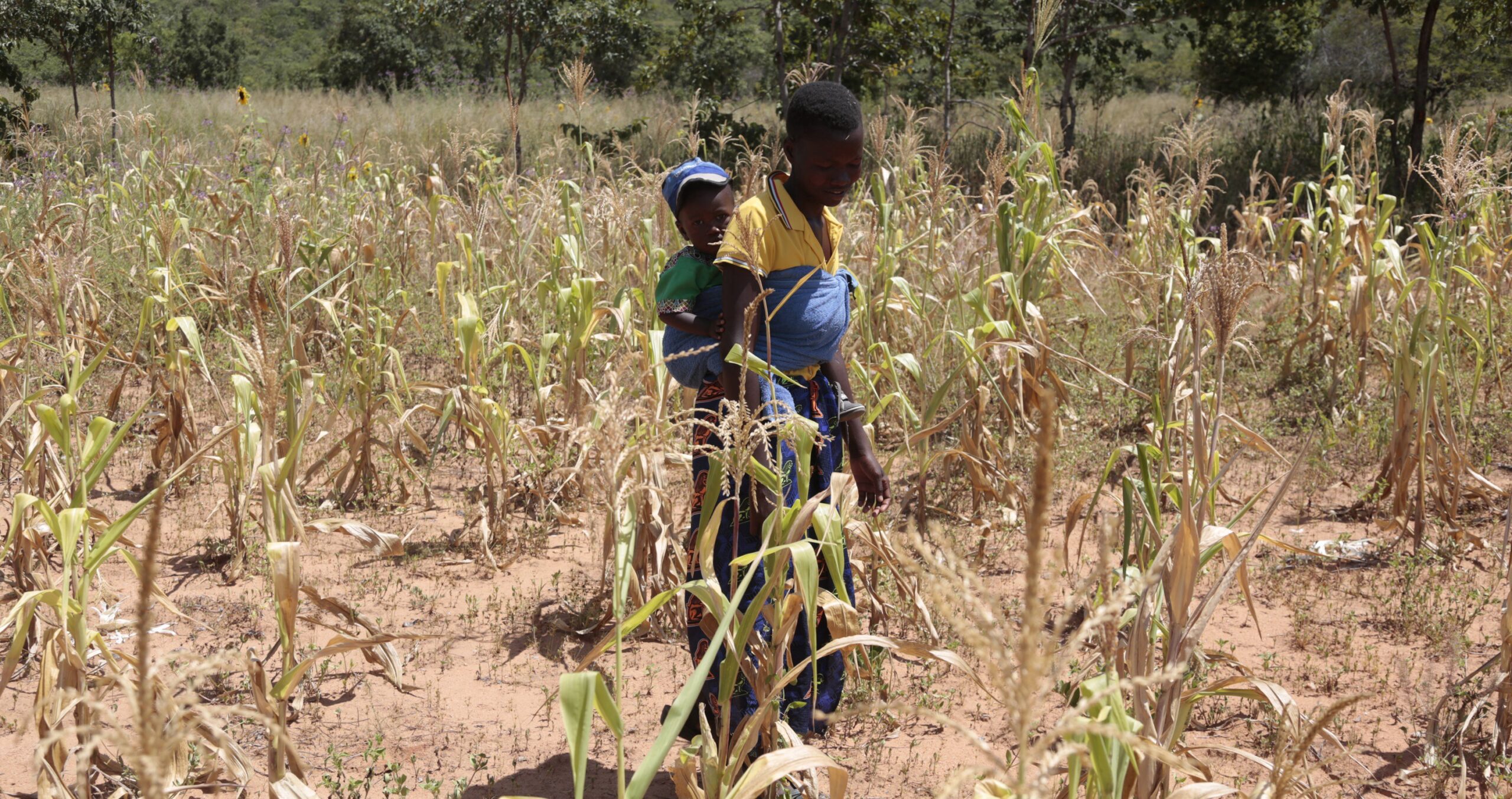Africa is confronting rising climate change costs, with adaptation expenses now estimated between US$30 and US$50 billion annually, according to a recent report.
Commissioned by the United Nations Economic Commission for Africa (UNECA), the World Meteorological Organisation, and the African Union Commission, the “State of the Climate in Africa Report” outlines the significant economic toll of climate change on the continent.
Africa is currently losing between 2 and 5 percent of its GDP due to climate-related impacts such as extreme weather, disruptions in agriculture, and diminished water resources.
These losses disproportionately affect vulnerable populations and hinder overall economic growth.
Also read: NetOne Launches Anti-Drug Campaign in Tsholotsho, Donates Sports Kits to Local Youth
Zimbabwe has not been spared from the severe impacts of climate change, experiencing extreme weather patterns including reduced rainfall, floods, and droughts, which pose serious threats to the nation’s food security. The El Niño weather phenomenon has led to decreased rainfall across Southern Africa, particularly affecting central countries like Zimbabwe. This resulted in drastically reduced harvests, forcing many rural families to rely on food aid and other support typically funded by crop sales, with urban households also feeling the strain.
In response, President Mnangagwa declared the situation a State of National Disaster, initiating resource mobilization efforts to support vulnerable communities.
“This UNECA report is a stark reminder of the urgent need for climate action in Africa, where extreme weather events are increasingly affecting socio-economic development,” said Zambia’s Minister of Green Economy and Environment, Mike Elton Mposha. “Africa is particularly vulnerable to climate change due to its reliance on rain-fed agriculture and limited adaptive capacity. Rising temperatures, sea levels, and unpredictable rainfall are already causing widespread harm to health, ecosystems, and livelihoods, threatening progress towards the Sustainable Development Goals and the African Union’s Agenda 2063.”
He emphasized the importance of advocating for greater investments in climate adaptation and resilience, particularly through laws and shifting priorities.
Ambassador Josefa Leonel Correia Sacko, Commissioner for Agriculture, Rural Development, Blue Economy, and Sustainable Environment at the African Union Commission, stated that the 2023 State of the Climate in Africa Report highlights the urgent need for immediate action to address the severe burdens and risks climate change poses to Africa.
Deputy Executive Secretary and Chief Economist at the Economic Commission for Africa, Hanan Morsy, noted that Africa is at the forefront of the battle against climate change, experiencing its severe impacts firsthand. He pointed out that the continent is disproportionately affected by rising temperatures, erratic rainfall, and other extreme weather conditions.
Critical sectors, especially agriculture, which employs over 60 percent of Africa’s workforce, are under immense pressure. Crop failures, livestock losses, and disruptions to traditional farming practices due to climate variability threaten food security, economic stability, and the livelihoods of millions, particularly in nations with high poverty rates.
“African countries also face significant debt distress, leading to difficult choices between essential development needs such as health and education,” Morsy added. “To invest in climate action, we need sustainable debt levels to secure the necessary financing for these essential investments.”
For comments, Feedback and Opinions do get in touch with our editor on WhatsApp: +44 7949 297606 or Email Us at editor@zimetro.co.zw

For comments, Feedback and Opinions do get in touch with our editor on WhatsApp: +44 7949 297606.
